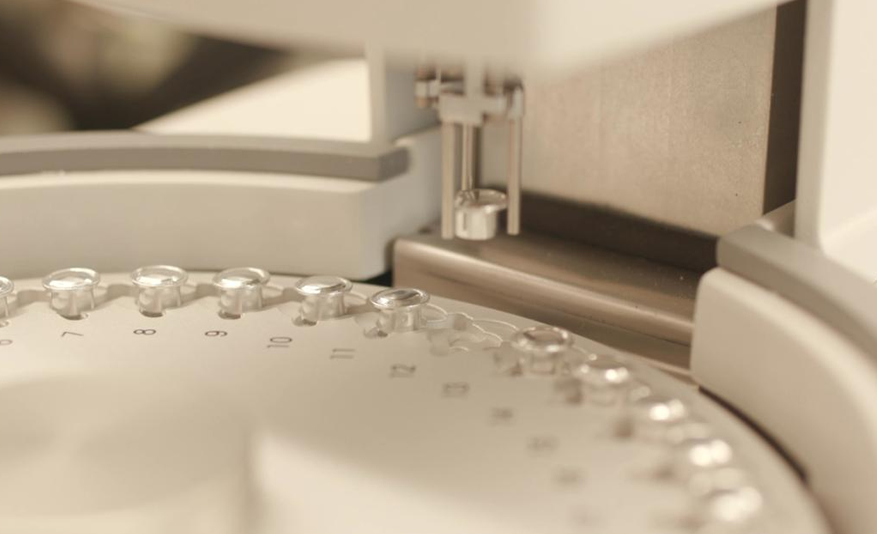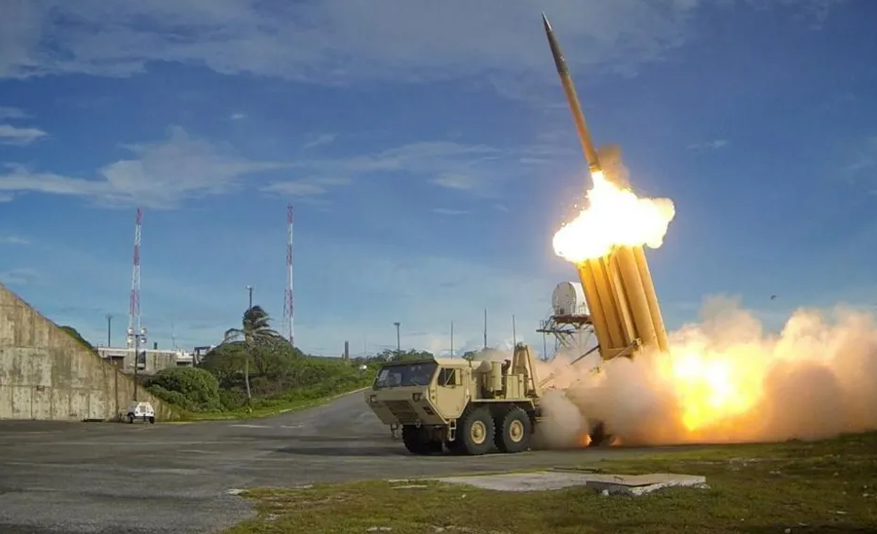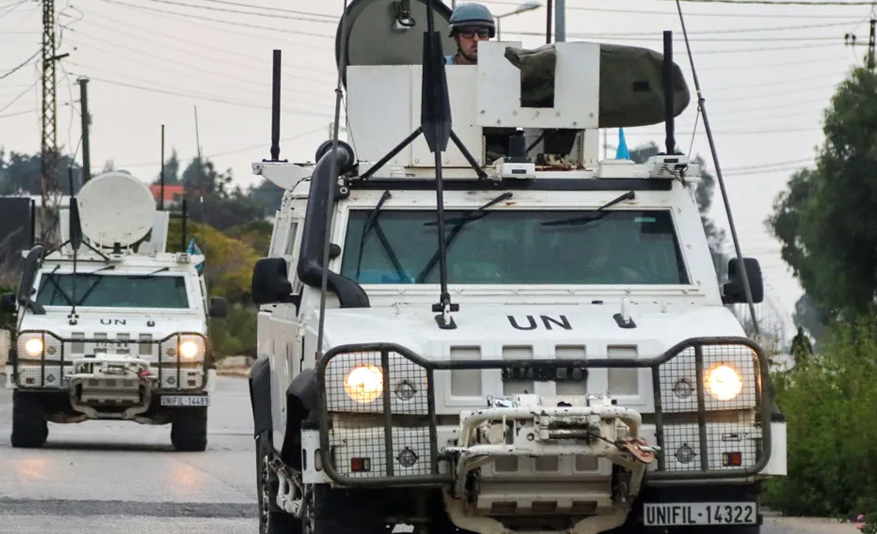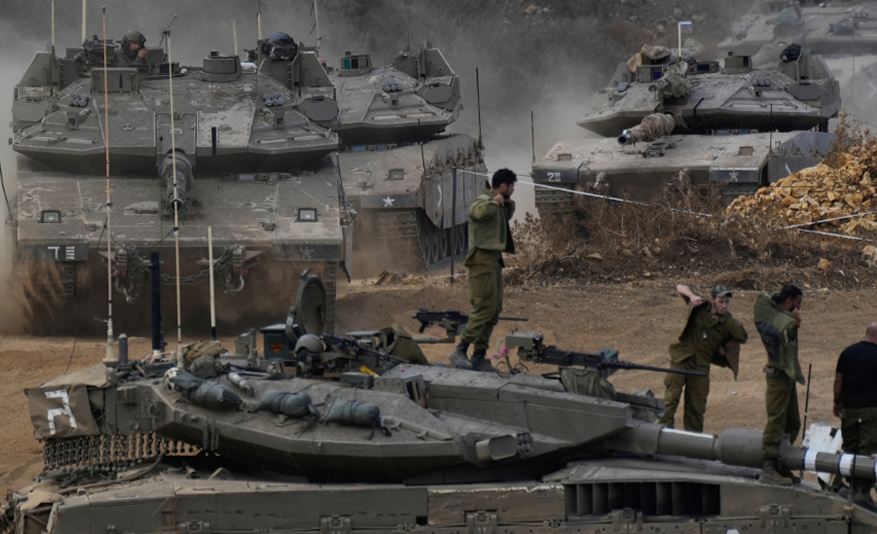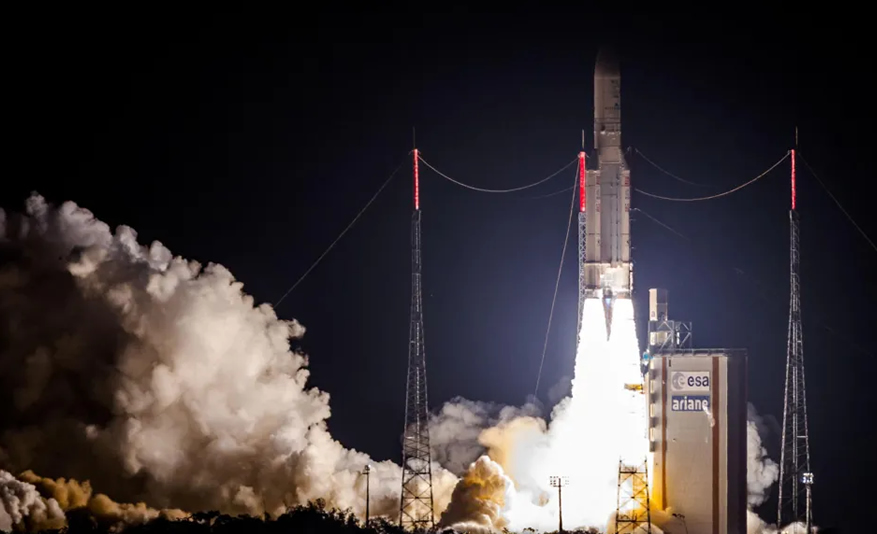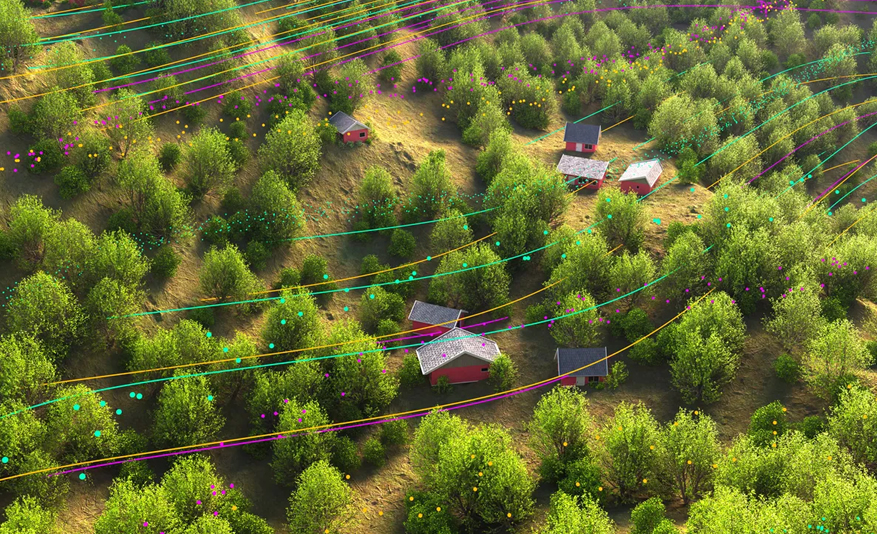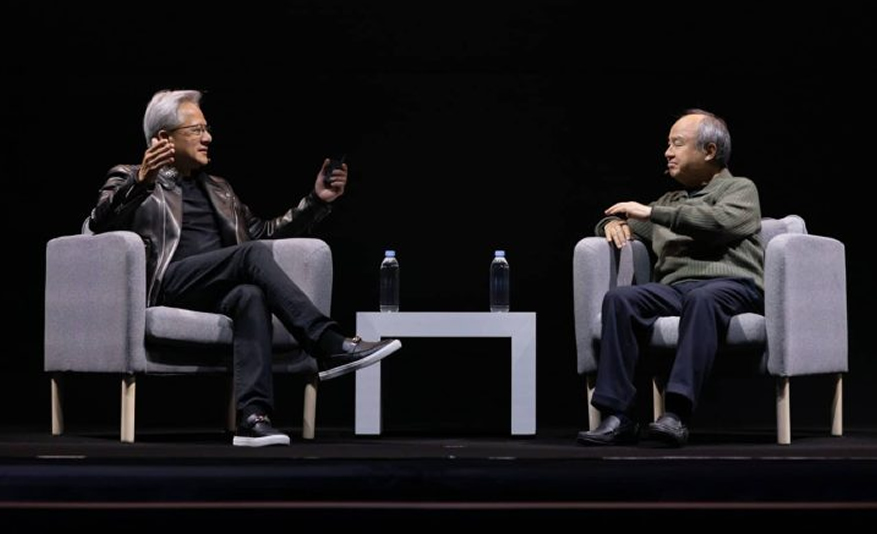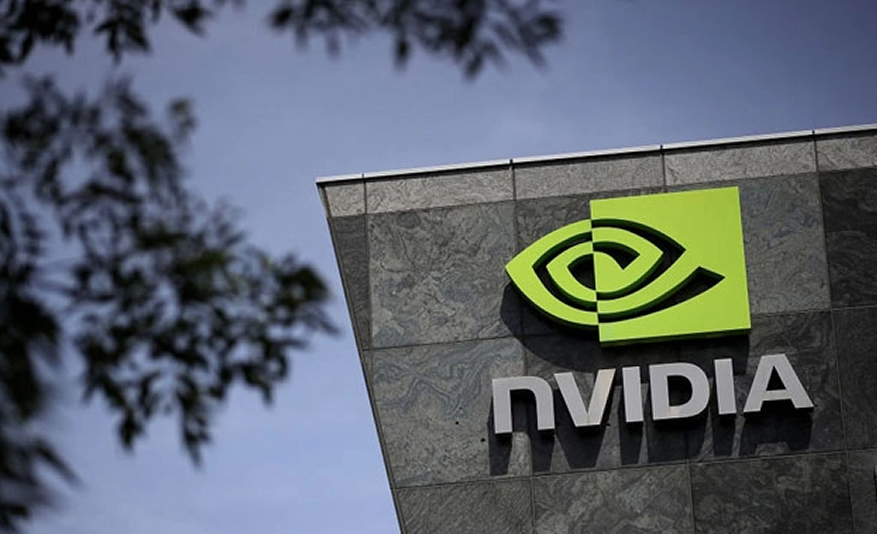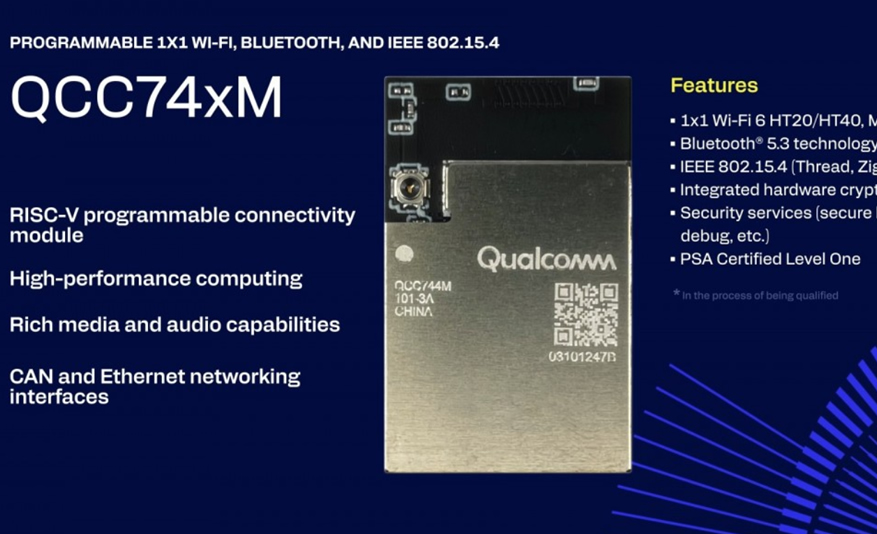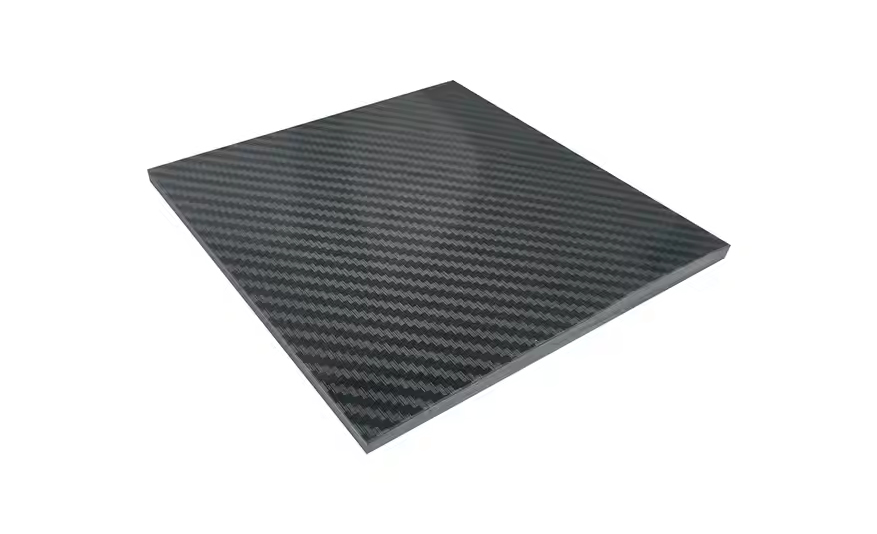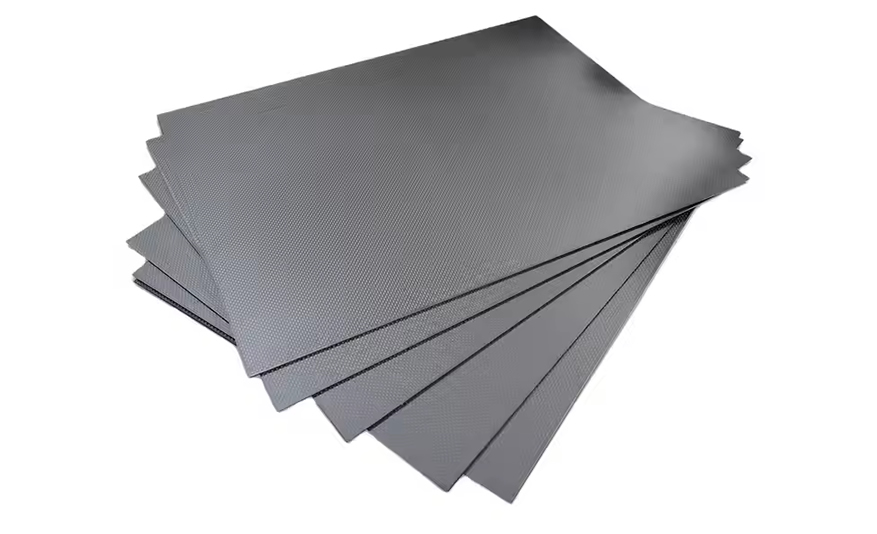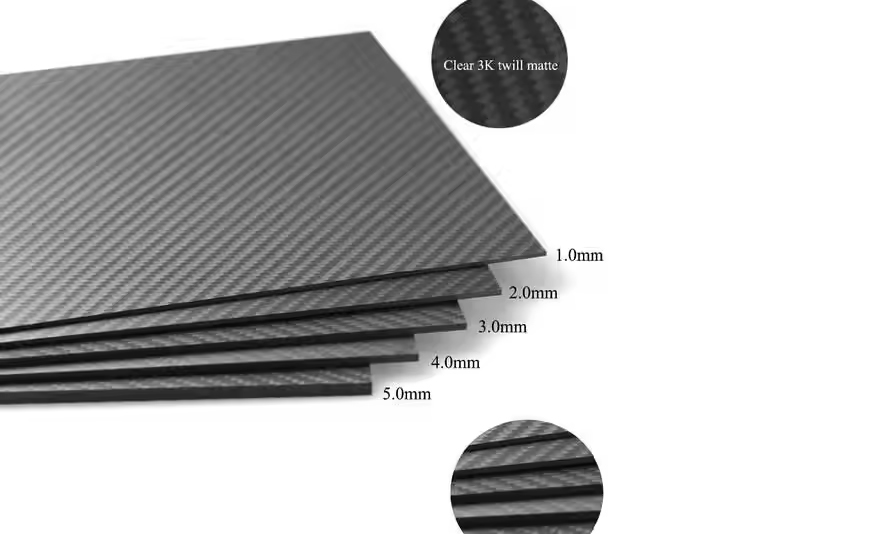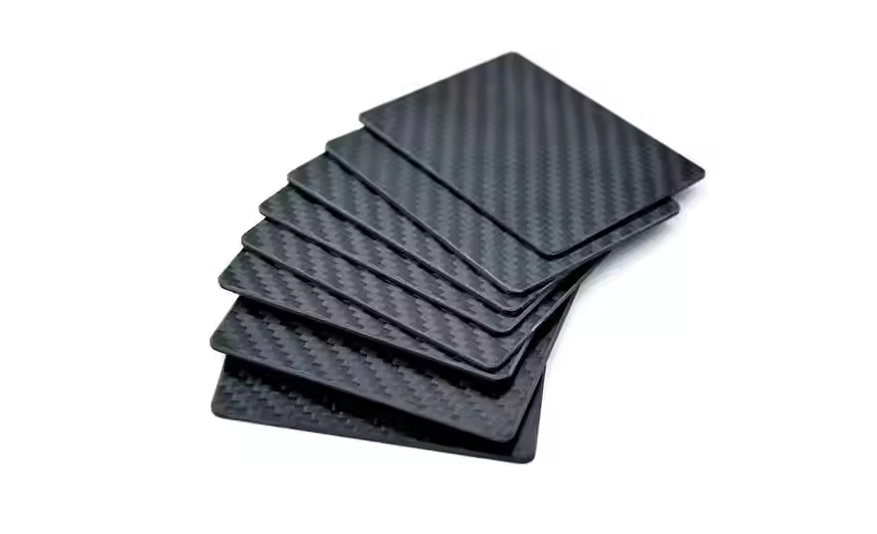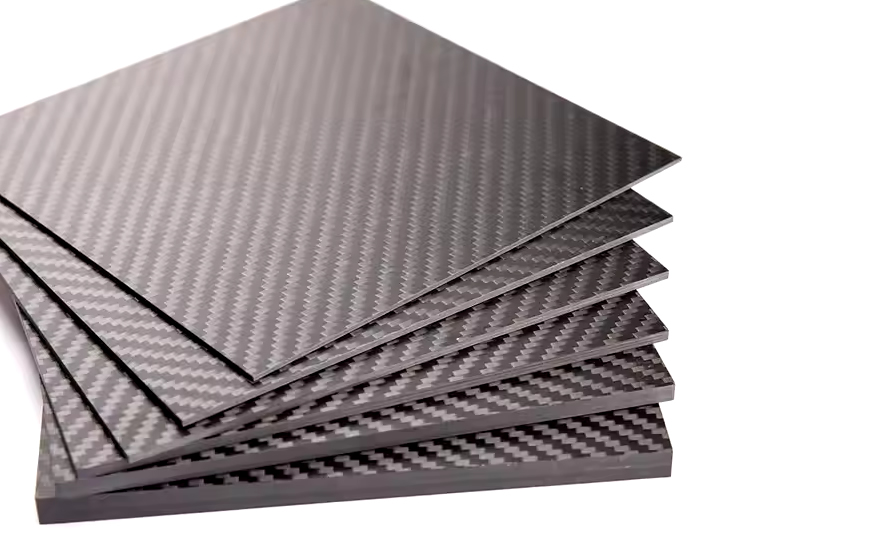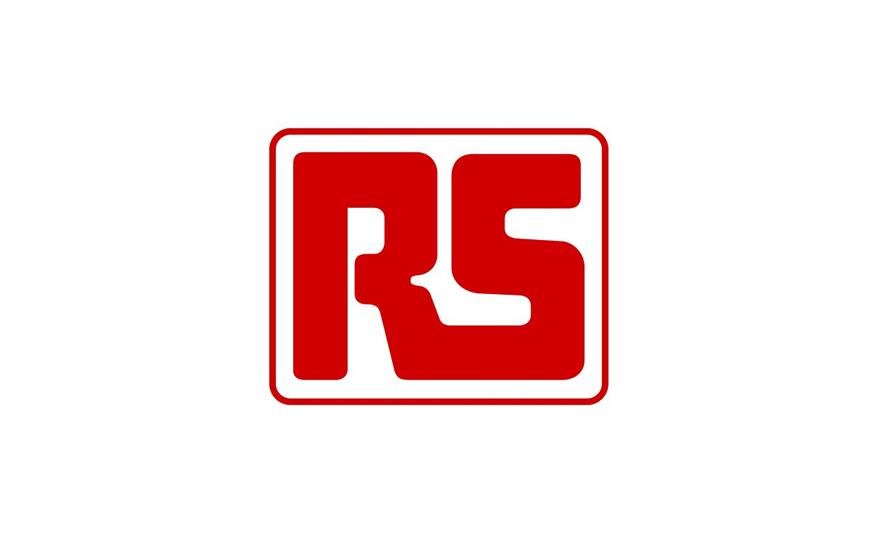The US fired about a dozen interceptors at Tuesday's barrage of Iranian ballistic missiles fired at Israel, the Pentagon says.
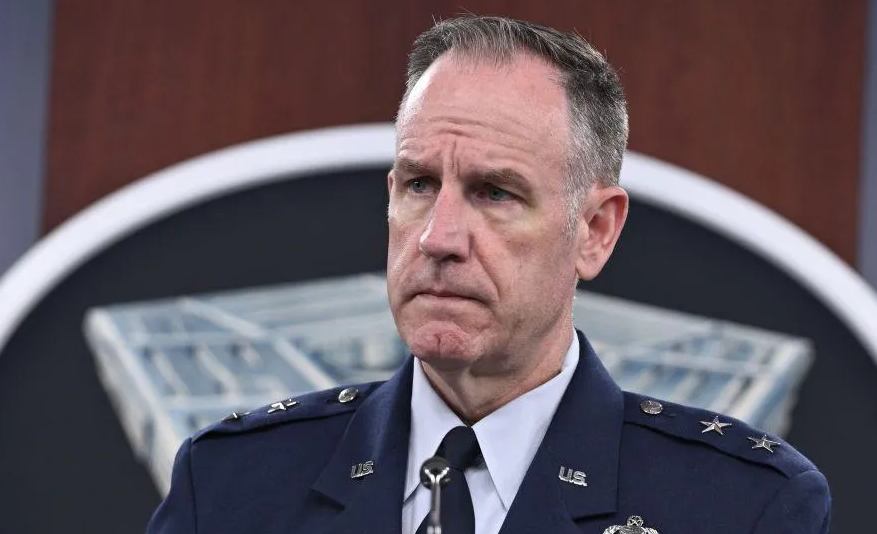
US President Joe Biden said the US "actively" supported Israel's defence at his direction. He said he had spent the morning in the Situation Room - the White House hub for handling serious national security issues.
The Israeli military said about 180 missiles were fired at Israel, most of which were intercepted.
Iranian President Masoud Pezeshkian has defended the attack, calling it a "decisive" response "in defence of Iranian interests and citizens".
In a Pentagon press briefing on Tuesday, Maj Gen Patrick Ryder said two US Navy destroyers fired the interceptors at the missiles, which the US believed were all launched from Iran.
He did not confirm whether they hit any of the Iranian missiles used in the attack - adding that this information was yet to be determined.
Iran launched around 180 missiles towards Israel, the Israeli military said. That would make it slightly larger than a barrage in April when Tehran launched about 110 ballistic missiles and 30 cruise missiles fired towards Israel.
Maj Gen Ryder added that the Pentagon was not aware of any warning for the attack.
President Biden said the US was "fully supportive" of Israel after Wednesday's assault.
"Today, at my direction, the United States military actively supported the defence of Israel, and we're still assessing the impact," he said.
"But based on what we know now, the attack appears to have been defeated and ineffective. And this is testament to the Israeli military capability and the US military."
Asked by reporters what the response towards Iran would be, Biden said: "That's in active discussion right now. That remains to be seen."
He said he would be talking to Israeli Prime Minister Benjamin Netanyahu and his message "would depend on what we finally conclude is needed".
The region is now well into a further sharp cycle of escalation, precisely the scenario Biden has spent months trying to avert - attempting to stem the Gaza war engulfing the rest of the region, while keeping up an almost continuous supply of arms to Israel.
Earlier, White House national security spokesman Jake Sullivan described Iran's attack as a "significant escalation".
He told reporters: "We have made clear that there will be consequences, severe consequences, for this attack, and we will work with Israel to make that the case."
Mr Sullivan did not specify what such consequences might be, but he did not urge restraint by Israel as the US did after April's attack by Iran.
US state department spokesman Matthew Miller said Washington had attempted to use both deterrence and diplomacy to de-escalate the region.
Pressed by the BBC on whether it was still taking this approach when working with the Israelis on the response to Iran, he said of course - they were always using both deterrence and diplomacy.
Iran's armed forces warned against any direct military intervention in support of Israel.
The Islamic Revolutionary Guard Corps (IRGC) said in a statement that the attacks were in response to Israel's killing of a top IRGC commander and leaders of Iran-backed militias in the region.
It mentioned the killings of Hezbollah chief Hassan Nasrallah and IRGC commander Abbas Nilforoshan in Lebanon last weekend.
It also referred to the killing of Hamas political leader Ismail Haniyeh in Tehran in July.
While Israel has not admitted involvement in Haniyeh's death, it is widely believed to be responsible.



